Why Rafiki
Pricing


Pricing
Solutions

RevOps Leaders
Synchronize revenue generating functions

SDR Leaders
Get your team aligned and Coach your Reps 3x faster at scale

Sales Leaders
Unlock pipeline truth, drive confident forecasts
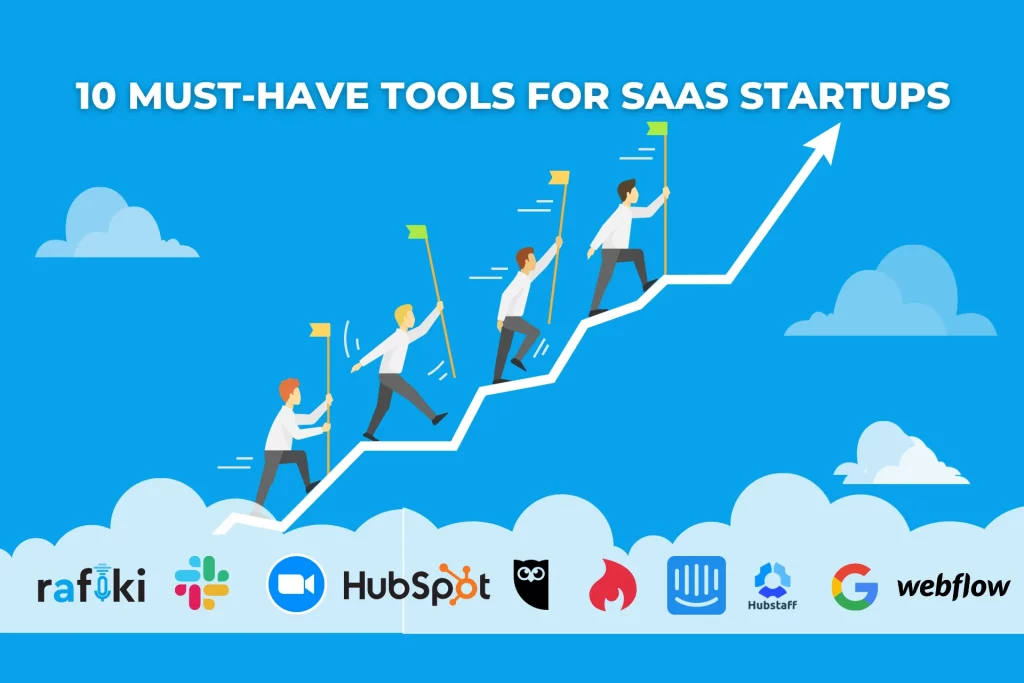
Let me begin this post with an encouraging fact for all SaaS startup enthusiasts - The industry is growing at a staggering rate of 18% year on year.
The growth of SaaS startups in the last decade is nothing short of a fairy tale. The top contributors to this meteoric rise were a customer-centric approach, a strong partner network, and product-led growth.
Then came the pandemic that brought a transformational opportunity for various SaaS startups to extend boundaries beyond their traditional audiences. This opportunity catalyzed the growth even more!
However, such unprecedented growth comes with its own set of challenges. For starters, the competition is stiff among SaaS startups, making it an uphill climb for new ones to capitalize on the overall industry growth.
The only way for such new SaaS startups to rise above their competition is to improve their productivity and efficiency. And what better way to improve it than using various tools available in the market. This post recommends the top-10 tools a SaaS startup must own today for increased productivity.
Your website acts as a conversion engine that either encourages or discourages a purchase from your company. There is massive pressure on your shoulders to build a professional website for your business. However, it is not easy without the help of some professional web development, which can be out of budget for most early-stage SaaS startups.
Using Webflow, you can transform your whole web development process and make it seamless. The best part? Your website can be managed by your sales team or design team without any prior coding knowledge, giving you better productivity.
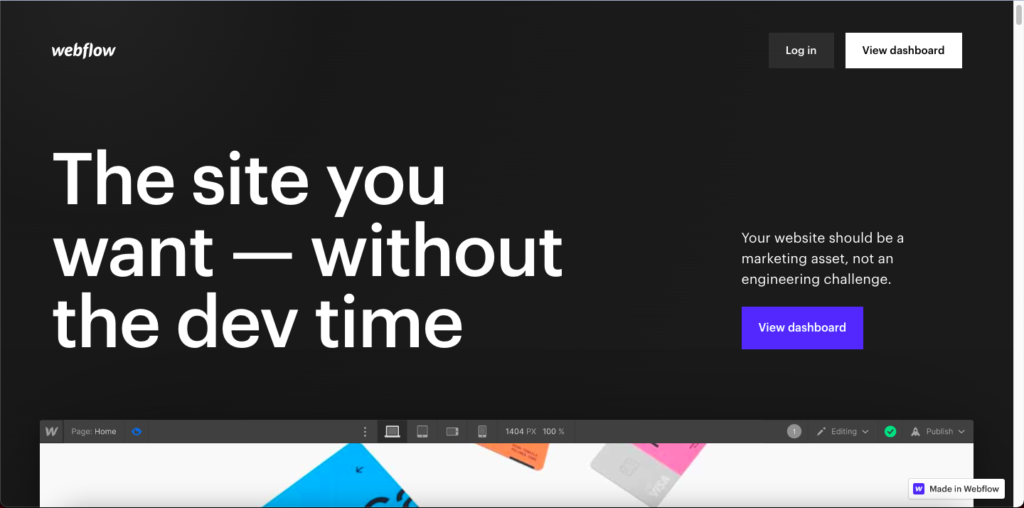
Tracking tools help you get valuable information about your visitors. These tools track key metrics related to user behavior on your site. The insights generated can help you understand user needs better and offer them a personalized experience. Gone are the days when you shot arrows in the dark, gave visitors a one-size-fits-all solution, and expected them to buy your product without questions. Today, you need the help of tracking tools such as HotJar or PageSense to offer users exactly what they want, exactly where they look for it and turn them into loyal customers.
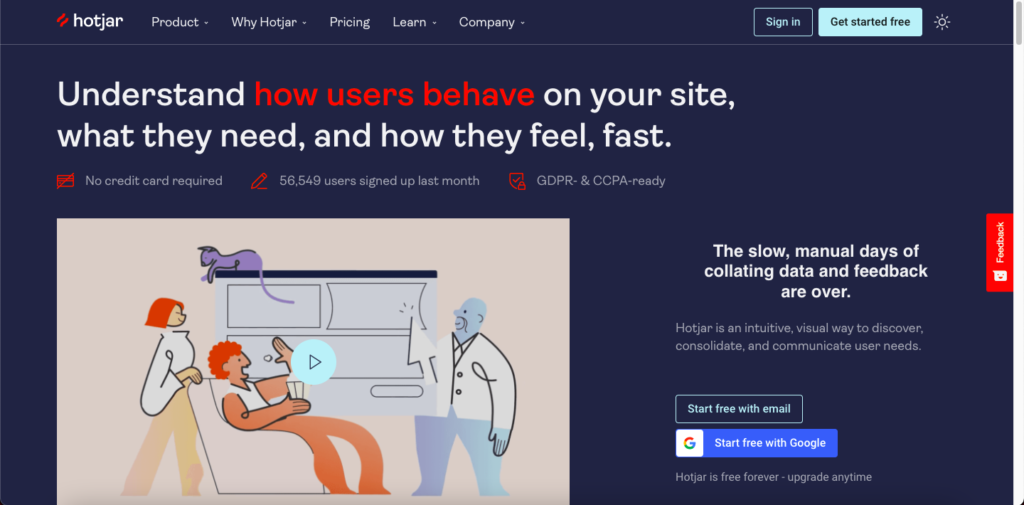
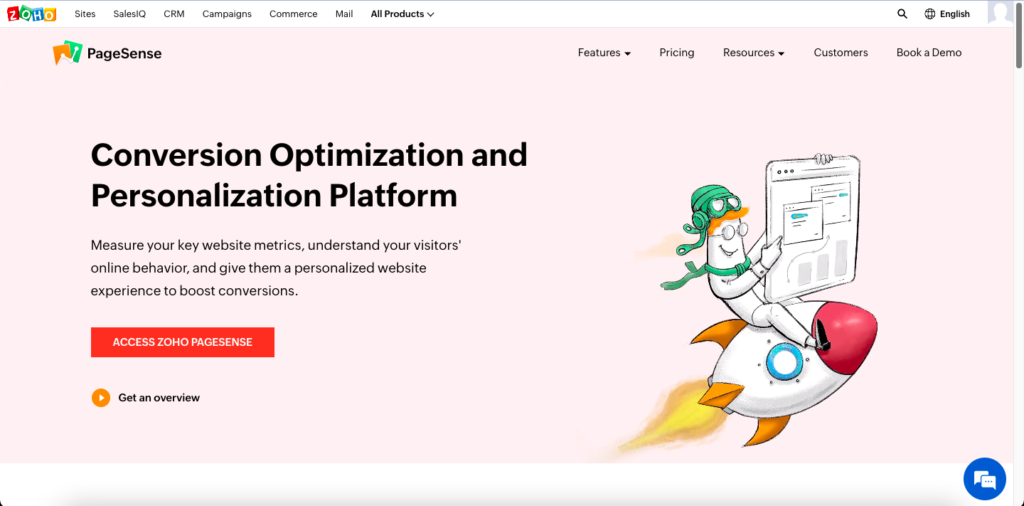
Video conferencing platforms helped businesses to get going or stay operational despite hurdles like pandemics in the past. Today it has become a core component of everyday communication for most startups. Modern-day video conferencing tools like Zoom offer several features, including app and screen sharing facilities for running meetings seamlessly from the comfort of our homes. From whiteboard notes to meeting recordings, you can store, retrieve or analyze any Zoom meeting without hassles.
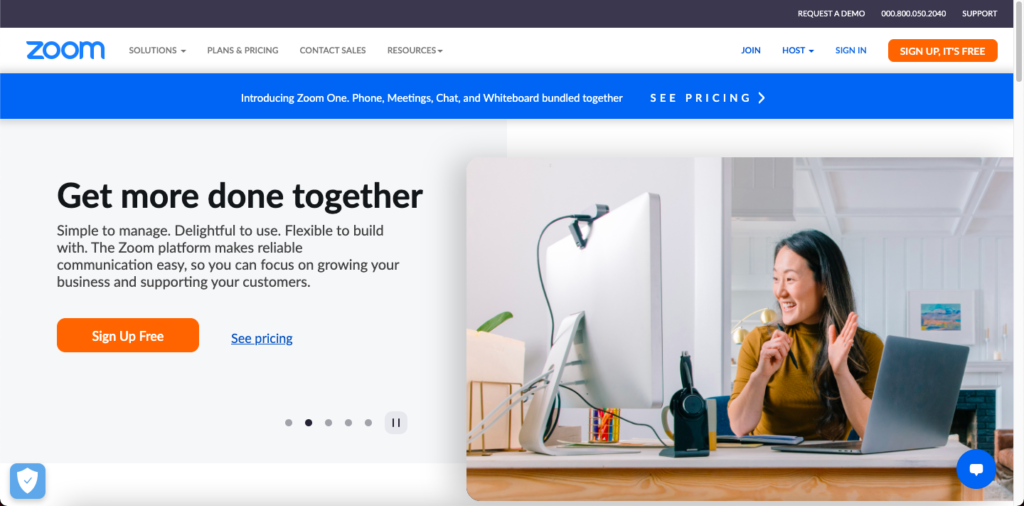
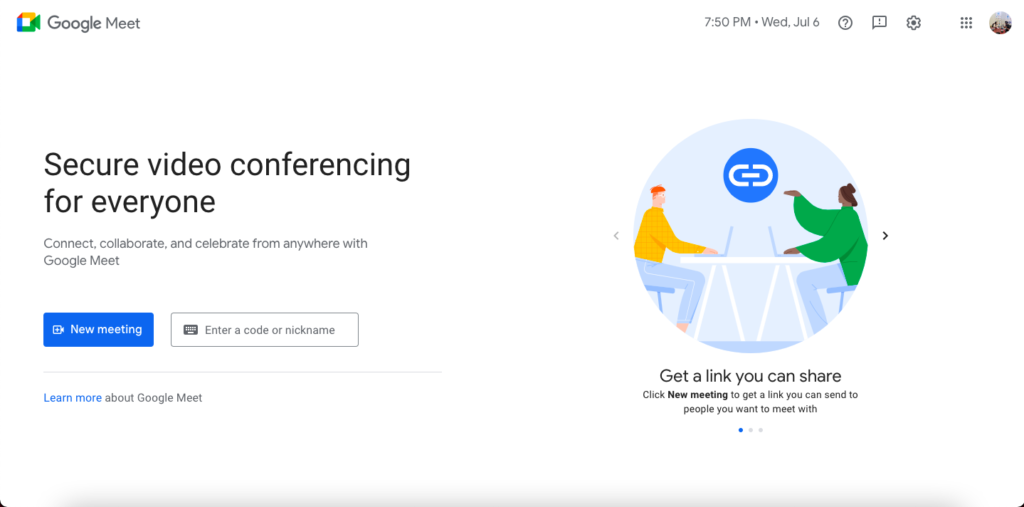
Imagine how good it will be if you have a single application that lets you create, communicate, and share information. A productivity suite like G-suite or Zoho One does it for you. Now named Google Workspace, it comprises robust apps like Gmail, Drive, Meet, Calendar, and Docs that meet various purposes and let you manage your everyday workflow.
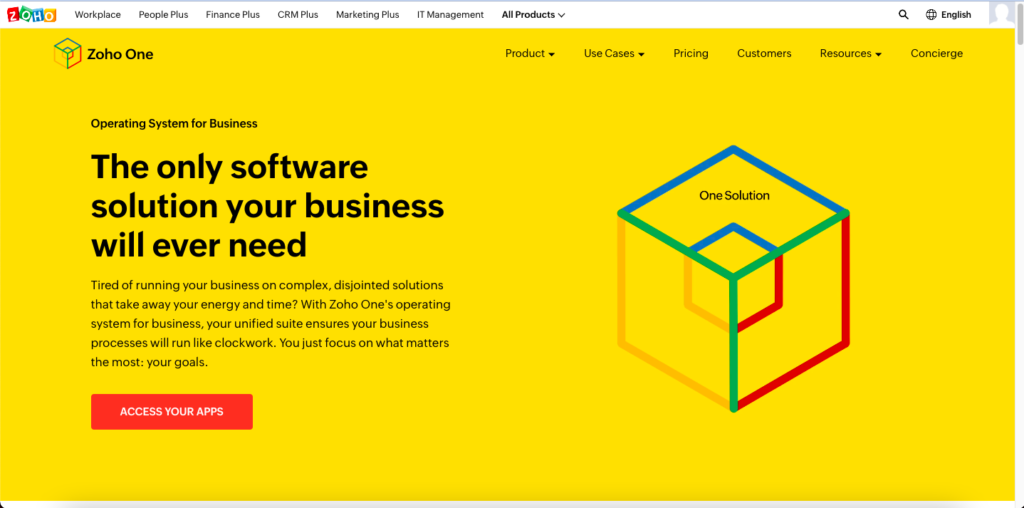
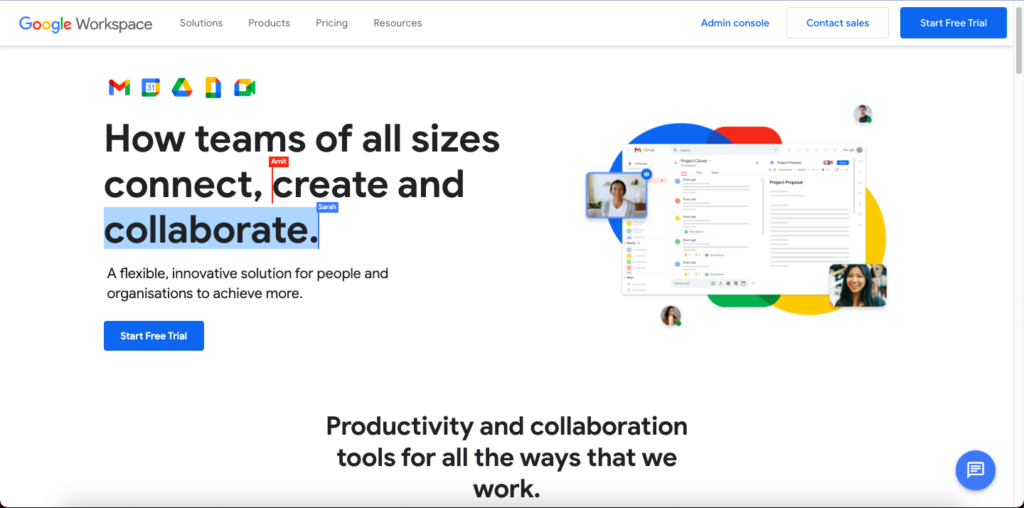
When you are a brand new SaaS business, leads and customers are hard to attract even if your product is good. Cold outreach can take time and is not super-reliable. Hence, the easiest way to deepen your relationships with your stakeholders or prospects is by using social media. Branding tools such as Hootsuite help your business build a deeply engaging social media presence.
From social listening on platforms to engaging in AI-powered social e-commerce, you can do them all with such tools. Hootsuite has a scalable platform and strong industry partnerships. It can uncover deep insights about your target audience and get you one step closer to converting them.
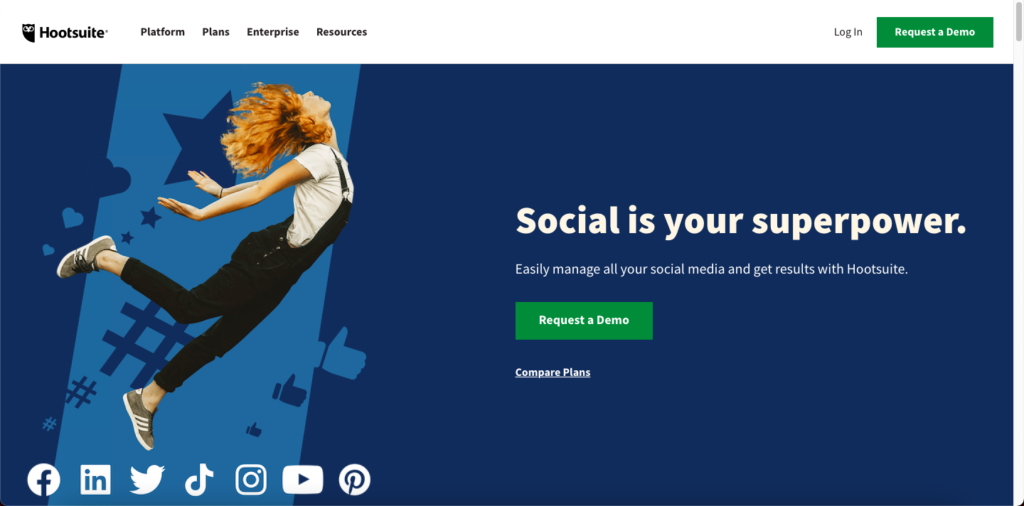
A CRM is a bridge between your business and the customers. It can be difficult for your sales team to juggle multiple tools for connecting with the customers. But having a robust CRM like HubSpot, Zoho, or Freshsales can help build meaningful conversations with your customers through contextual engagement before demos, after which tools such as Rafiki take over. You can drive leads to close and manage different pipelines seamlessly via a CRM and conversation intelligence integration. Choosing tools that support this integration is critical as it would be the gold mine of information for your startup to understand gaps across product, pitch, and customer expectations.
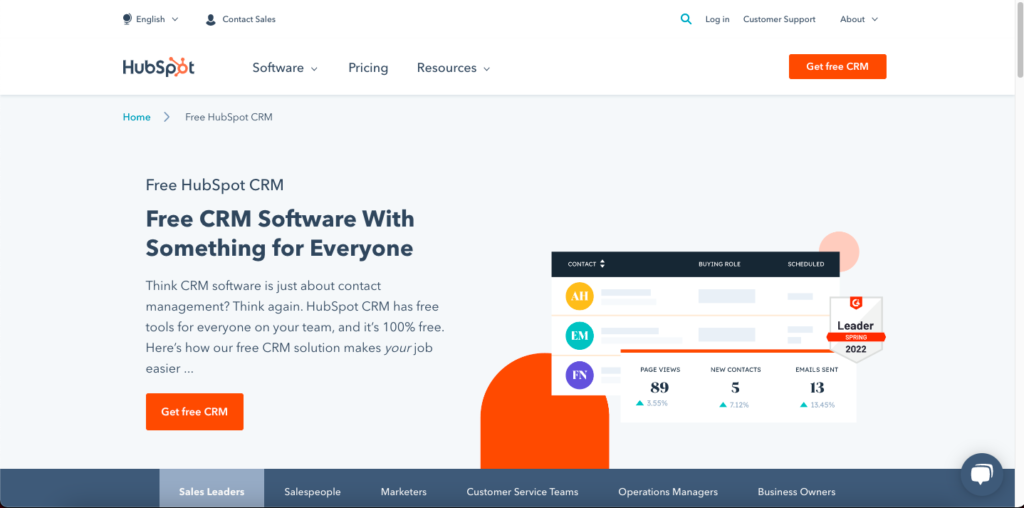
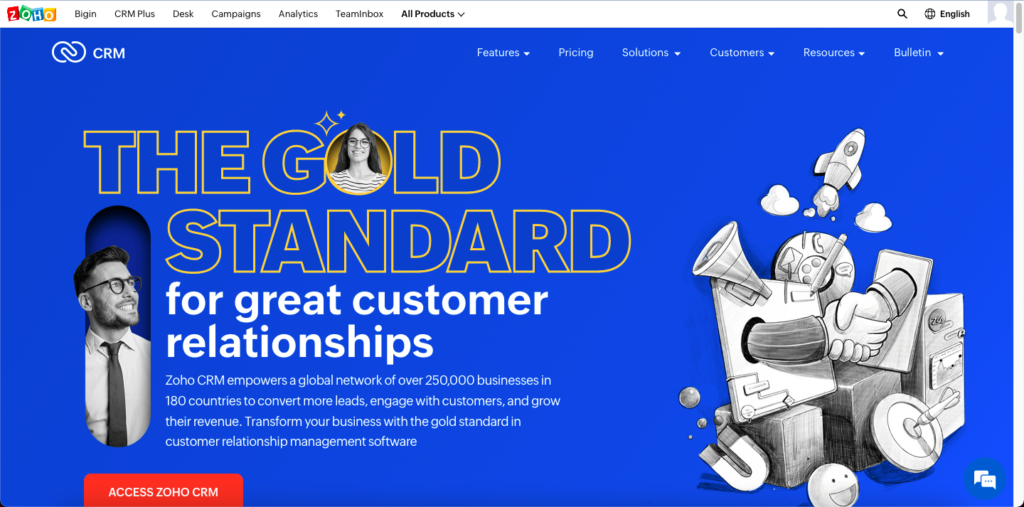
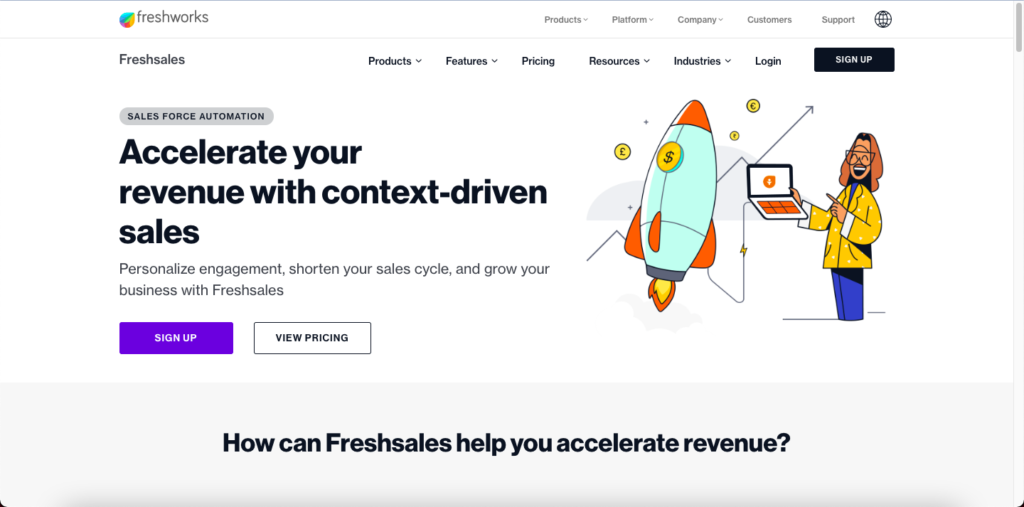
A survey states that about 88% of customers expect an online self-service portal from a business. Support articles such as FAQs, product manuals, and chat assistance are table stakes and not a luxury anymore. To prepare a support article base, aka knowledge base articles, you can use tools such as Intercom. Apart from enabling the curation and publication of help articles, Intercom also doubles up as an omnichannel customer engagement platform. Chats, emails, Help articles, in-product banners, and product tours are some of its features. Intercom even offers exclusive pricing plans for startups to help you get started.
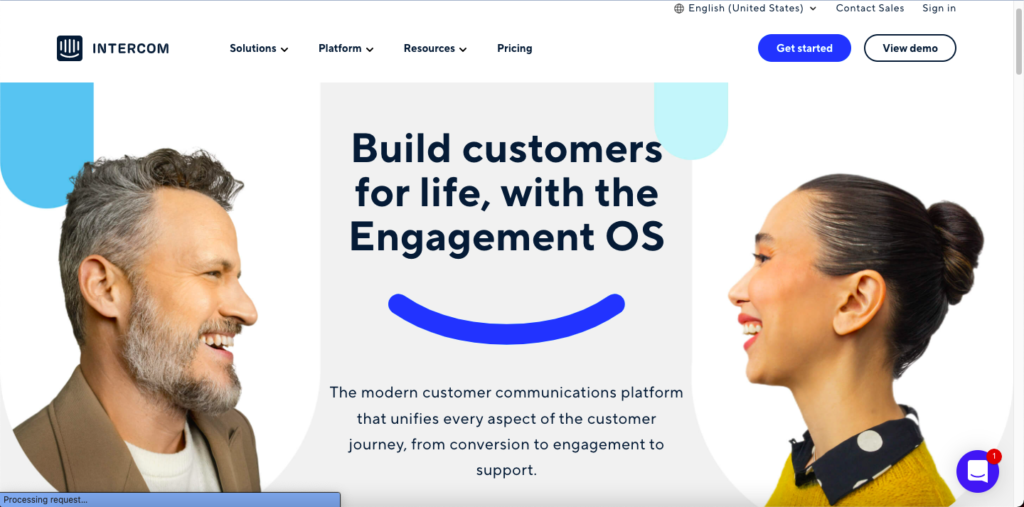
If you are looking to eliminate inefficiencies and incorporate streamlined time management for your projects, then Hubstaff is the tool. Hubstaff helps manage time for each project by identifying roadblocks, managing invoices, creating detailed reports, and much more. It integrates with 30+ popular software, including Github, Asana, Trello, and Paypal, making your work-life simple.
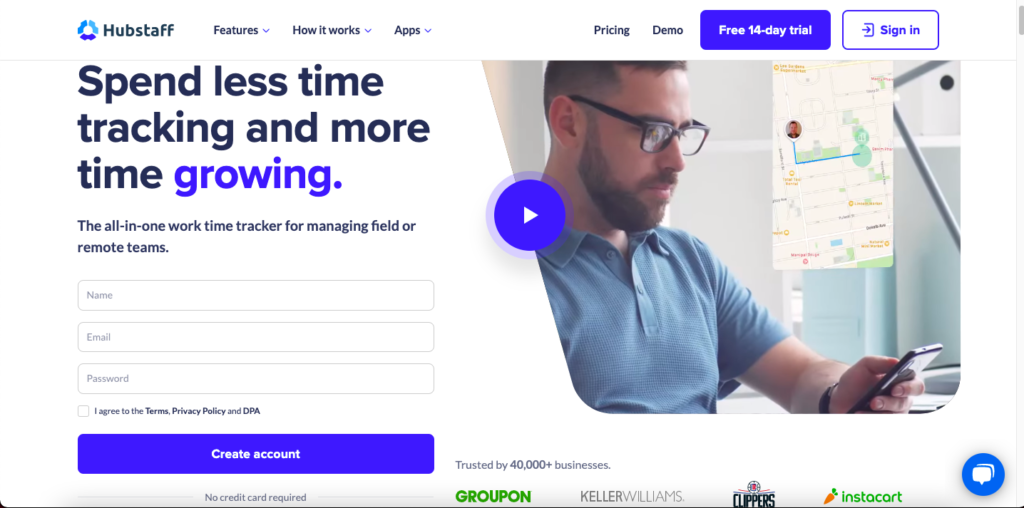
Collaborating with teams and with clients has to be quick, seamless, and reliable for a business to run in good health. Tools like Slack allows you to automate routine actions and communications so that your team can focus on their primary objectives without any problems. Slack comes with an array of features that lets you share and manage files, create polls, set reminders, etc.
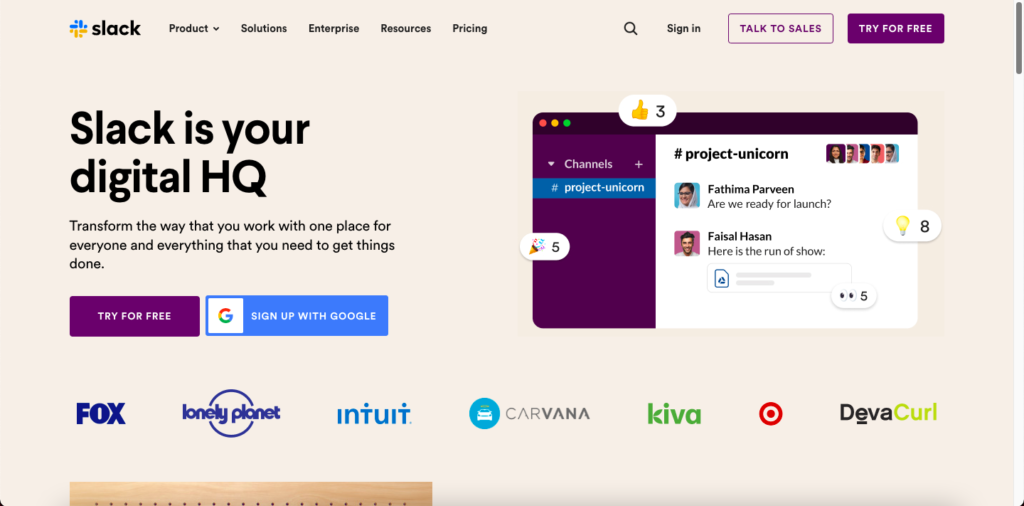
In a startup, most of the core team's time gets spent on redundant tasks such as recording customer interactions, taking notes, analyzing them for product insights, feeding the information to CRM, and so on.
What if this time gets spent on pitching to leads and closing deals and not on manual tasks like note-taking that can easily be automated? That is precisely what Rafiki or Gong helps you do. While Gong focuses on enterprise customers, Rafiki is more suited for SMBs.
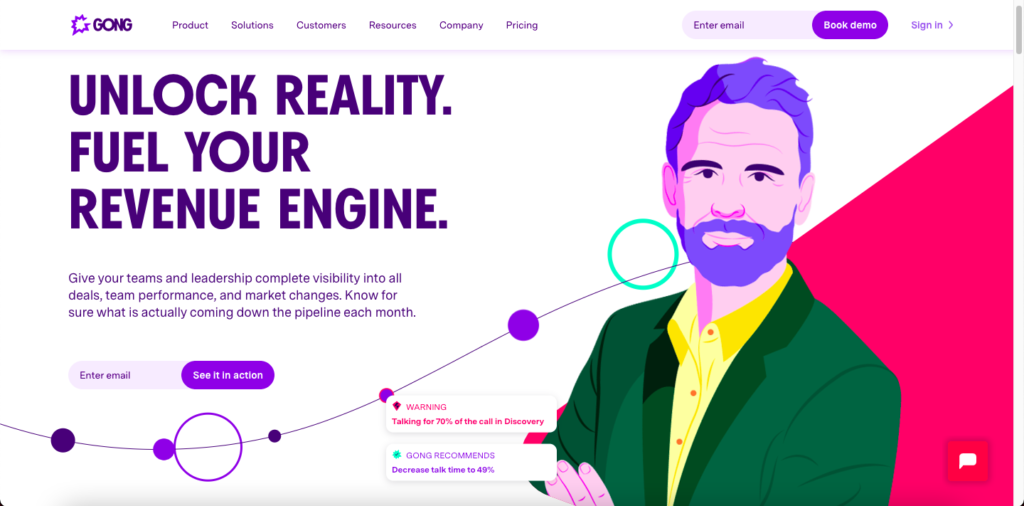
Rafiki is a conversation intelligence platform that integrates with your CRM (Not just Salesforce or HubSpot), Google calendar, Google Meet, and Zoom, to name a few. It records and transcribes your meetings, captures key topics and moments from your meeting conversations, and even generates automatic notes sorted by topics to get you started.
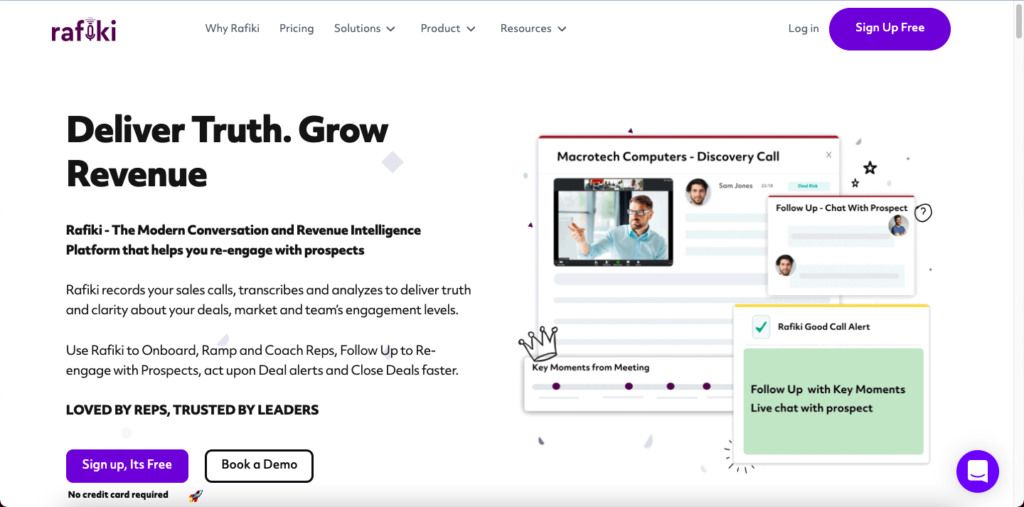
While traditional conversation intelligence solutions stop with analyzing meetings, Rafik is the only solution that allows you to contextually follow up with your prospects and ensure your deals close.
High-growth teams at Hippo-Video, Businessfirst.io, and ZeroBroker trust Rafiki's insights for their sales productivity. No minimum license mandates, one-click integration with SMB-focused CRMs such as Zoho, Freshsales, Pipedrive, and affordable pricing make Rafiki the default choice for SaaS startups.
Built for SMBs, Rafiki is highly affordable, easy to use, set up, and offers a free trial with all the features of an enterprise-grade tool for a fraction of the cost. It even has exclusive follow-up and tracking features that help increase the prospect engagement rate post-demos that no other platform offers.
The above list of tools will help you become more efficient and help you materialize your startup vision on the ground. If you are a SaaS startup starting anew or have a limited budget, then G-Suite, Webflow, A CRM, Rafiki, and Zoom should be a part of your tool stack to navigate the initial days. The remaining tools can follow once you have customers and some revenue.